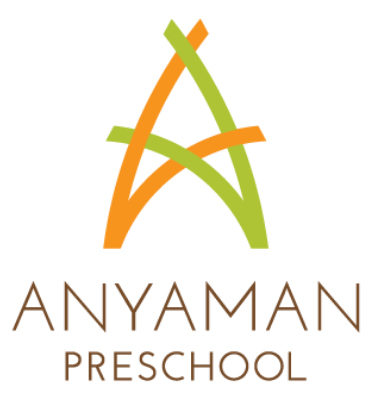Frederick is Leo Leonni’s delightful story about a community of mice who are working hard to store food for the winter. While the other mice scurry about, Frederick appears to be “doing nothing”. When questioned by the other mice, Frederick has an answer to it all - he is busy gathering rays of the sun, the colours of the field and words for the winter.
Winter comes, and as time goes by, the food eventually runs out. “What about your supplies, Frederick?” ask the other mice. And for those final cold, dreary days, Frederick feeds the mice with his vivid descriptions of the warmth of the sun, the colours they cannot see in the gray of winter, and a poem. “They saw the colours as vividly as if they had been painted in their minds,” writes Leo Lionni, and in their amazement, they declare Frederick a poet! “I know it,” says Frederick with a bow, ending the book with a deafening belief in the value of his calling.
Reading this story sends an important message about the nature and value of work. What is truly worth spending our days on? Are art and literature a ‘nice to have’, a hallmark of an advanced society, but a dispensable luxury for societies where the struggle for existence is much more real?
How should young children spend their days? As children arrive at school each day, they are engaged in complex social thinking from the minute they walk through the door. From navigating decisions around what to do and who to play with, to coping with rejection and conflict - building socioemotional skills forms part of the every day experience of a child at Anyaman.
To the untrained eye, this period of free play in the morning can seem like a way to simply pass the time before getting to the “real stuff”. “What time does the class actually start?” observers often ask, thinking of this time merely as a convenient transition while children arrive. “So during free play, they just do whatever they want?” “In the mornings, they are just pottering about?”
Like Frederick, much of what the children do during free play is “invisible work”. It is arguably in fact, humanity’s most important work, the only way the human race can continue to exist. Yet, as with the arts, the work of building relationships and ultimately, the cultural evolutionary survival skill of how to live together in a community is often simply viewed as an obstacle standing in between children and what they should ‘achieving’.
In response to the questions, I often feel an intense desire to immediately respond with a functional defence of free play. I point out that strong relationships and a feeling of security in the room enables children to create incredibly complex and detailed work during this time. Or, I may argue that the relationships built in free play are important because they lay the foundation for collaboration and problem solving, the bedrock of the future job market. These statements are true, but ultimately lead me down a dangerous path. Are relationships valueless unless they serve a purpose, making us more productive citizens?
The message carried in Frederick is more relevant than ever in our times, and for our children. Indeed, Frederick is a warning against the slippery slope that comes to erode our humanity when we attach our value to a narrow definition of production. Alongside many now in my generation, I feel a pressing burden and privilege to build a world where my child and all children, like Frederick, can stand tall in the knowledge that they are valuable intrinsically. I look forward to a day when, secure in this knowledge, all children are free to become their best selves and to create beautiful, meaningful work, visible or invisible.

